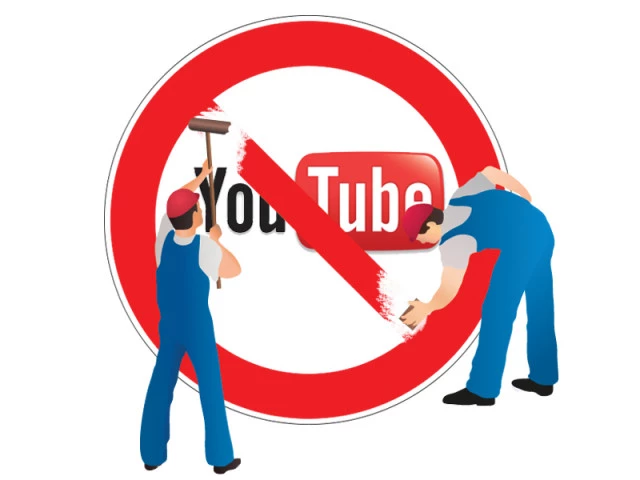Islamabad Further sessions Judge Afzal Majoka on Friday suspended a local court’s order banning 27 YouTube channels run by various prominent Pakistani journalists and content creators.
A decision on a plea filing by the newly created National Cyber Crime Investigation Agency, Islamabad Court Magistrate Muhammad Abbas Shah had ordered the ban based on alleged anti-state content, defamation and incorrect information targeting of legal figures.
Asad Toor, whose account was among the blocked, went to X (formerly Twitter) to confirm the suspension of the ban.
The legal challenge against the ban is led by lawyers, Riasat Ali Azad, Zainab Janjua, Imaan Zainab Mazari-Hazir, advocates Hadiali, Jamal and Farukh Jillani. Digital Rights Attorney Farieha Aziz is also part of the legal effort.
NCCIA had launched an investigation into the case on June 2nd with the approval of the competent authority.
Under Inspector Waseem Khan of the Cyber Crime Reporting Center in NCCIAS informed the local court on June 24 that the agency was investigating several YouTube channels involved in the spread of “false, defamatory and false” content against state institutions and their officials.
“[This propaganda] are likely to cause fear, panic, disorder, and unrest in the public or society with defamatory and false remarks. [This also] violating privacy and damaging the dignity of the officials of the state institutions, “NCCIA claimed.
Read: Court orders that block 27 YouTube channels
In its order, the Court noted that, after examining the facts and evidence presented by NCCIA investigators, it was convinced that the channels committed offenses under the law on the prevention of electronic crimes (PECA), 2016 and the criminal law in the country.
“Head/Office responsible for the security department/depot manager of records for Google LLC, D/A/B YouTube 901 Cherry Avenue, San Bruno, CA 94066 US is therefore corrected to block/remove the said YouTube channel,” noted the order.
Increasing control
The order was the latest in a number of laws and regulations from Islamabad that have enabled the authorities to crack down on critics and dissidents. It has blocked social media platforms such as X, Facebook and Tiktok on several occasions in the past.
In January, Parliament introduced a new change to PECA to further regulate cyber content, which included a new regulatory authority on social media with its own investigative agency and courts.
Such courts will be able to try to punish alleged offenders with prison sentences of as long as three years and fines of two million rupees ($ 7,200) to disseminate information considered “false or false”.
Similar laws to order the removal of disputed content have also been introduced in nearby India, which have had discrepancies with X and Google on such directives. In recent years, India has banned dozens of YouTube channels citing national security.
Digital rights activist Usama Khilji said the Pakistani court did not meet proper process.
“What is rubbing is the complete lack of legal process,” he said.
Toor said that neither the court nor the Cyber Crime Agency gave him a chance to respond to the claims and that he would take lawsuits against the court decision.
“It’s a dictatorial move. It can’t cushion me,” he said.



